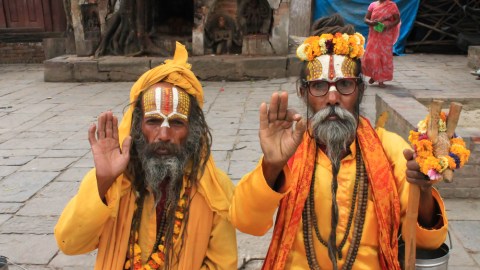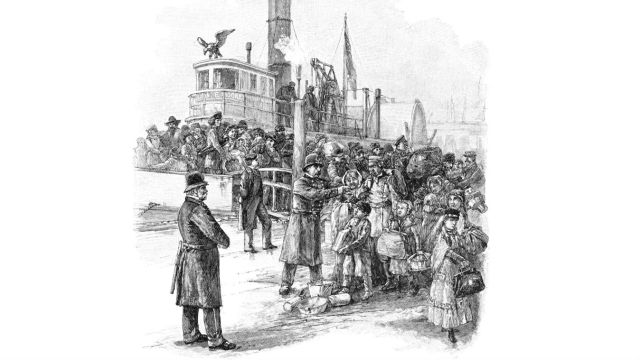Harnessing the Wisdom of Mentors

I have my own personal definition of disadvantage and it comes from my own background of growing up in foster homes in Brooklyn, New York. I never felt that I was disadvantaged because I was poor. My disadvantage as I grew up came from the fact that I didn’t know anybody who knew anybody, and from the fact that I had no role models. Nobody showed me what my future could be. I just knew that there were women who were teachers, women who were librarians, and women who were nurses. And it was kind of like if you wanted a career you could be one of those three and that was it.
That actually didn’t happen because on my first job I was asked how fast I typed and I said well, that’s not going to work. So luckily I wound up in a trade association where my first boss, a fellow by the name of Doctor Hal Edrich, was my first mentor. And what he did was he cared about teaching me not only the trade, which was research into values and attitudes, but also, he gave me the opportunity to speak in front of people. He told me how really good I was. He told me I really could succeed. And he introduced me, as we went to various conventions and meetings, to people who were the top in their professions. And so I started to see a woman here, a woman there, another one somewhere else.
And then my next mentor, Arnold Brown, was somebody that became also my business partner later when we started our firm. And he took me to different professional meetings, and one of them was the Professional Society of Futures, the World Future Society. And there were two women there that were outstanding and I thought oh, I really admire them. And so little by little it was the men who started to introduce me to environments in which I saw women. As I got older and had done a lot of successful things and had gained a lot in my career, and I was really grateful, I thought okay, it’s not that I want to work with poor young women, it’s not that I want to work with physically challenged young women. I want to work with at-risk girls between the ages of 11 and 13 who are at risk mostly because they don’t know anybody who knows anybody and they’ve never seen what their future could be.
And so increasingly they’re maximizing their presence and they’re mortgaging their future. And so I put together a new kind of mentoring program which was in teams, because my feeling was that if part of being disadvantaged was not knowing anybody who knew anybody, why would you want just one mentor. Isn’t it better to have five so you can get the whole world opened up to you from five women? So I put together teams of five executive women and five at-risk girls. Each woman had one girl assigned, but they were a team so that the girls had like one big sister; and for aunts, the same thing. And that multiplied the worlds that were opened up to these girls. We did—and I basically told the women you’re not their social workers, you’re not their mothers; you are photo albums, you are photo albums.
Show these girls what could be for them. Take them places that they’ve never been. Don’t try to raise them. Don’t try to tell them what they should be. See, one of the things about mentoring, very important, is that it’s not about making somebody in your image. It’s about giving somebody a possible image for themselves. And then helping them achieve what is right for them to achieve, not what is in your image. And then I want to say another thing about the year 2012 and as we head into the 21st Century, and that is that when we think of mentors we think of finding people who are older and more experienced than us to get us through the things that we need to get through, to teach us things.
We’re in a world now where those of us who are older need mentors who are 15 years old. I always tell my clients and my audiences, go out there and just as you would hire somebody to mow your lawn or baby-sit your kids for five or ten bucks and hour, hire a 15-year-old who’s not in your family, because they have no patience with you. Hire someone who’s 15 years old and say for three hours this week or five hours, you’re going to teach me something, anything, I don’t care; just teach me something. Because what’s happening now is that the wisdom is not just coming from the older down to the younger, it’s a world in which the olders have to learn youngers as well. So mentoring now is really about someone who can expose you to what you don’t know but what will make a difference for you in the future. And I always think of mentoring as basically a photograph album.
In Their Own Words is recorded in Big Think’s studio.
Image courtesy of Shutterstock





